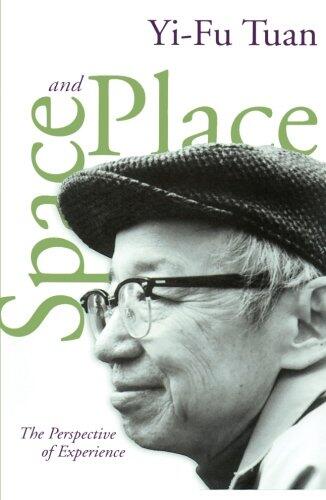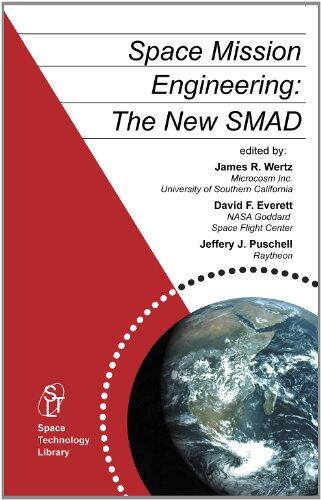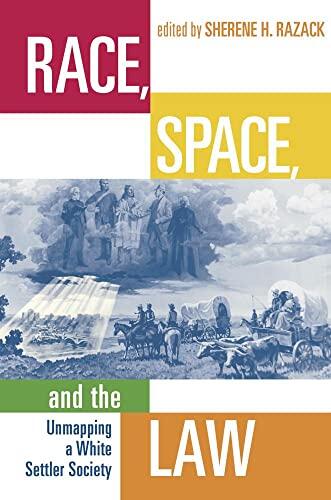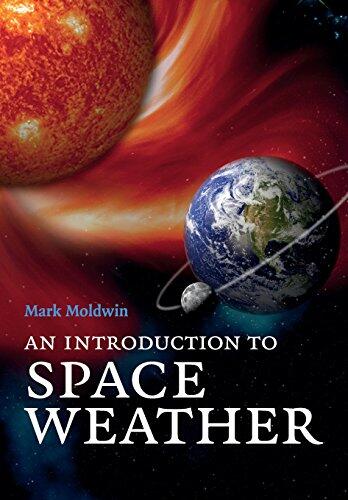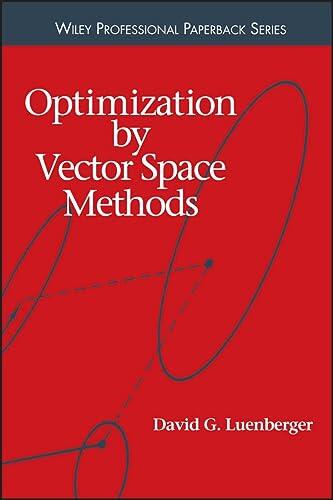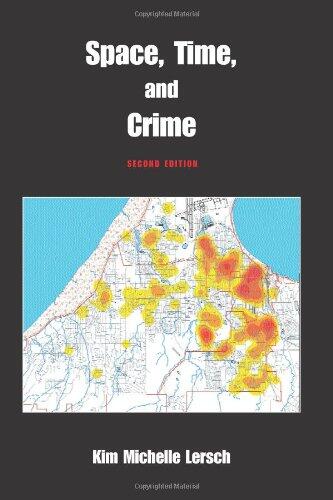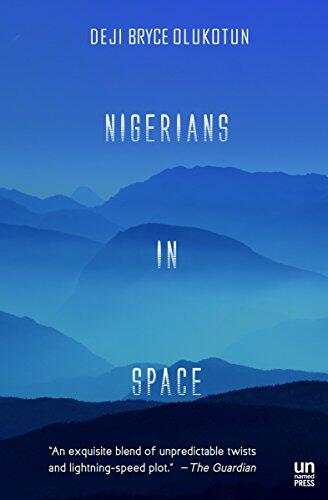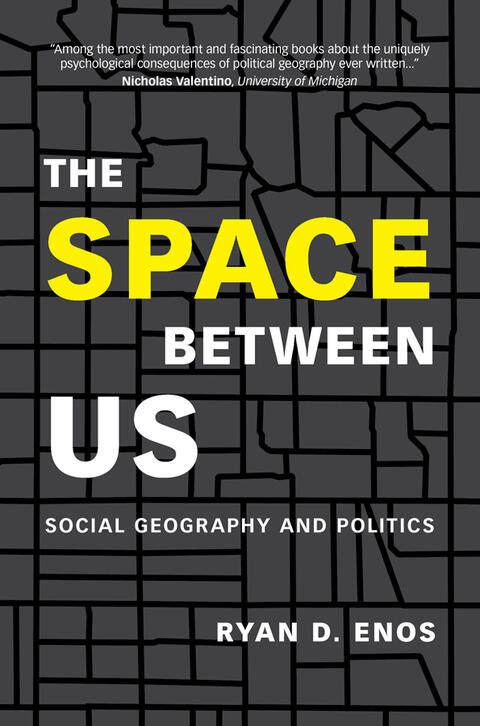
The Space between Us: Social Geography and Politics
によって
Ryan D. Enos
まだ評価がありません
Religion & Spirituality
Science & Technology
形式
キンドル
ページ数
314
言語
英語
公開されました
Jan 1, 2017
出版社
Cambridge University Press
版
2
ISBN-10
1108356257
ISBN-13
9781108356251
説明
In exploring the intricate relationship between geography and human behavior, Ryan D. Enos delves into the often-overlooked dimensions of social geography and its political implications. He unravels how the spaces we inhabit shape our identities, beliefs, and interactions with others. Through a blend of compelling narratives and insightful analysis, the author illustrates that the physical distance between individuals or communities is not merely a matter of miles but is deeply entwined with social dynamics and political outcomes.
Enos argues that the landscapes around us, be they urban or rural, influence our perspectives and affiliations. He examines case studies that demonstrate how proximity or separation can foster social cohesion or conflict, ultimately affecting political engagement and societal norms. This exploration reveals how geography can dictate not only the issues we prioritize but also the way we connect with those who share or differ from our views.
The author draws on various disciplines, melding geography with psychological theories to present a holistic picture of social interactions. Readers are invited to consider how their own environments shape their opinions and connections, prompting reflection on personal experiences in various contexts.
Through meticulous research and engaging storytelling, Enos offers a fresh lens on the world, urging a reassessment of how spatial relationships govern human behaviors and political landscapes. This thought-provoking examination challenges conventional wisdom by emphasizing that the space between individuals plays a critical role in shaping the fabric of society.
Enos argues that the landscapes around us, be they urban or rural, influence our perspectives and affiliations. He examines case studies that demonstrate how proximity or separation can foster social cohesion or conflict, ultimately affecting political engagement and societal norms. This exploration reveals how geography can dictate not only the issues we prioritize but also the way we connect with those who share or differ from our views.
The author draws on various disciplines, melding geography with psychological theories to present a holistic picture of social interactions. Readers are invited to consider how their own environments shape their opinions and connections, prompting reflection on personal experiences in various contexts.
Through meticulous research and engaging storytelling, Enos offers a fresh lens on the world, urging a reassessment of how spatial relationships govern human behaviors and political landscapes. This thought-provoking examination challenges conventional wisdom by emphasizing that the space between individuals plays a critical role in shaping the fabric of society.

